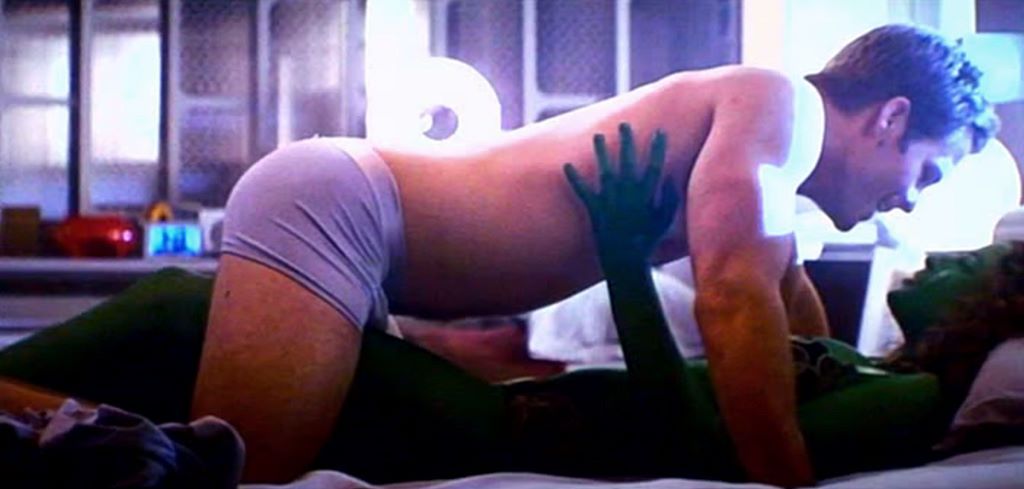I guess the principle problem is that TOS, for all its camp and ham, at least endeavoured to have something to say about the world, and it was as much about exploring the human condition as it was about space adventure. JJ Abrams, on the other hand, has nothing to say about the world, and restricts himself to mindless action. TOS was cerebral, at least compared to what JJ Abrams has served.
It's sad that so many people don't get the deeper meanings in J.J.'s new trek films. It always seemed clear cut to me. The first movie was all about getting the enterprise crew together, while the second movie was defining what Starfleet would be about.
The first movie came out after Trek had been legitimately dead for several years, and no one was sure if rebooting the original characters could ever work. By Nero messing up the timeline and the enterprise crew still all getting back together, it showed even in our world today that the message and power of Trek could not be stopped. As Old Spock alluded to, the Universe would eventually "right" itself to help everything come back together again (but just different enough to be fresh and unexplored). By the end of the first film, Kirk, Spock, McCoy, and crew are together again on the Enterprise and the Star Trek adventures that we all grew up to know and love were about to begin in a fresh way.
The second film was all about defining what Starfleet and Kirk's crew would be about. Because of Nero's timeline incursion (and Harrison's 9-11 style attack), Starfleet was looking to become more clandestine and militaristic, and less about peace and betterment and exploration. It's a tale of two leaders (Marcus vs. Kirk), two visions of star fleet (military conflict vs. explorative peace), and two ships (Vengeance vs. Enterprise). Khan is simply the instigator that brings this all to a head.
Admiral Marcus as Head of Starfleet secretly builds the Vengeance to start a pre-emptive war with the Klingons (and any other hostile aggressor) and has no one to be his good conscience. Kirk lost his dad because of Nero, and was "fathered" more recently by Pike. Kirk loses Pike to Khan, and seeks revenge with the help of his new mentor, Pike's former mentor, Admiral Marcus. Kirk is becoming just like Marcus, except that Kirk's crew and close friends (Spock, McCoy, Scotty) courageously step in to act as his conscience, reminding him of what Starfleet is supposed to be about. The slightly altered parallels to Space Seed and Wrath of Khan remind us that the universe is slightly different, yet still unfolding in similar ways. With Marcus and Khan, Kirk doesn't let evil get the best of him, but takes the higher road and challenges Starfleet (and our post 9-11 world) at his closing speech to do the same, to take up that sacred calling and explorative, peace-seeking mission that Starfleet was originally created for.
The movie ends with (1) Kirk and Enterprise crew in place, (2) Starfleet's mission defined, and (3) the Enterprise crew setting out on their original (yet new and fresh) five year mission. Amazing spectacle, engaging stories and powerful meanings that challenge both the Enterprise crew in the future and us in our world today. What more can Star Trek fans really ask for, and why don't (some) of the veteran fans get it? I have no idea!





 ) Now, if we talk the unaired, unsold Wonder Woman pilot that starred Adrienne Palicki in the titilating titular role....I would've followed that show. I loved that take on Wonder Woman. Yeah, she started out in pants, but in the final fight of that pilot, she was in her more traditional outfit....so I would've followed that show had it actually made it to production.
) Now, if we talk the unaired, unsold Wonder Woman pilot that starred Adrienne Palicki in the titilating titular role....I would've followed that show. I loved that take on Wonder Woman. Yeah, she started out in pants, but in the final fight of that pilot, she was in her more traditional outfit....so I would've followed that show had it actually made it to production.


